Posts categorized Program
Page 10
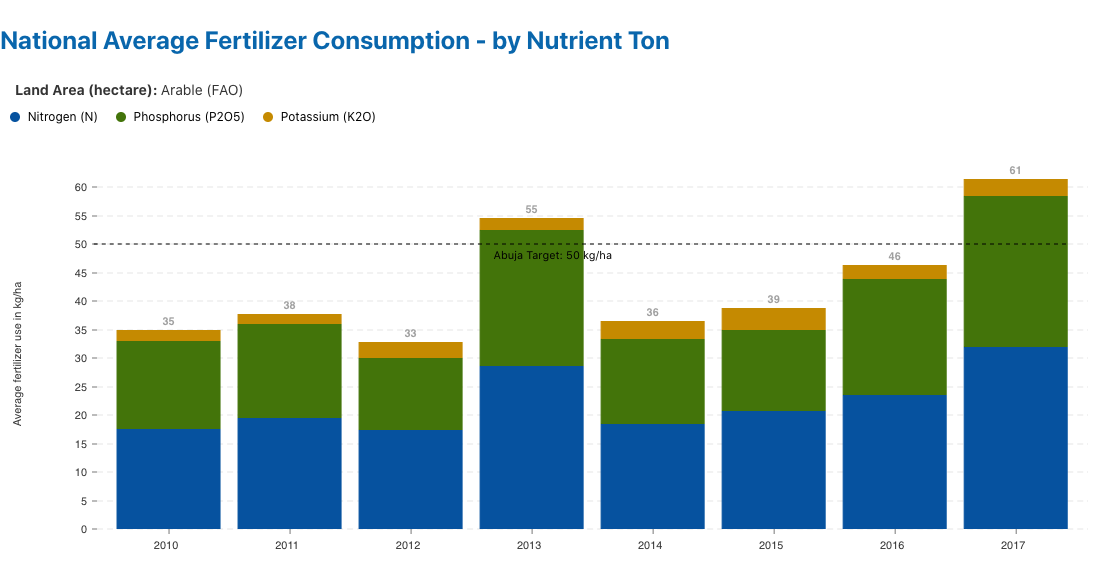
Understanding Fertilizer Data
Finding reliable agriculture data in sub-Saharan Africa is often difficult. If available at all, data is usually fragmented and tucked away in silos within government ministries or closely held by private companies. It is also significantly delayed or in a format that makes analysis difficult. For stakeholders who need information for decision making, a lack of reliable data is a significant barrier. The Visualizing Insights on Fertilizer for African Agriculture (VIFAA) program is working towards making fertilizer-related data, a key subset of agriculture data, more accessible to stakeholders for decision making.
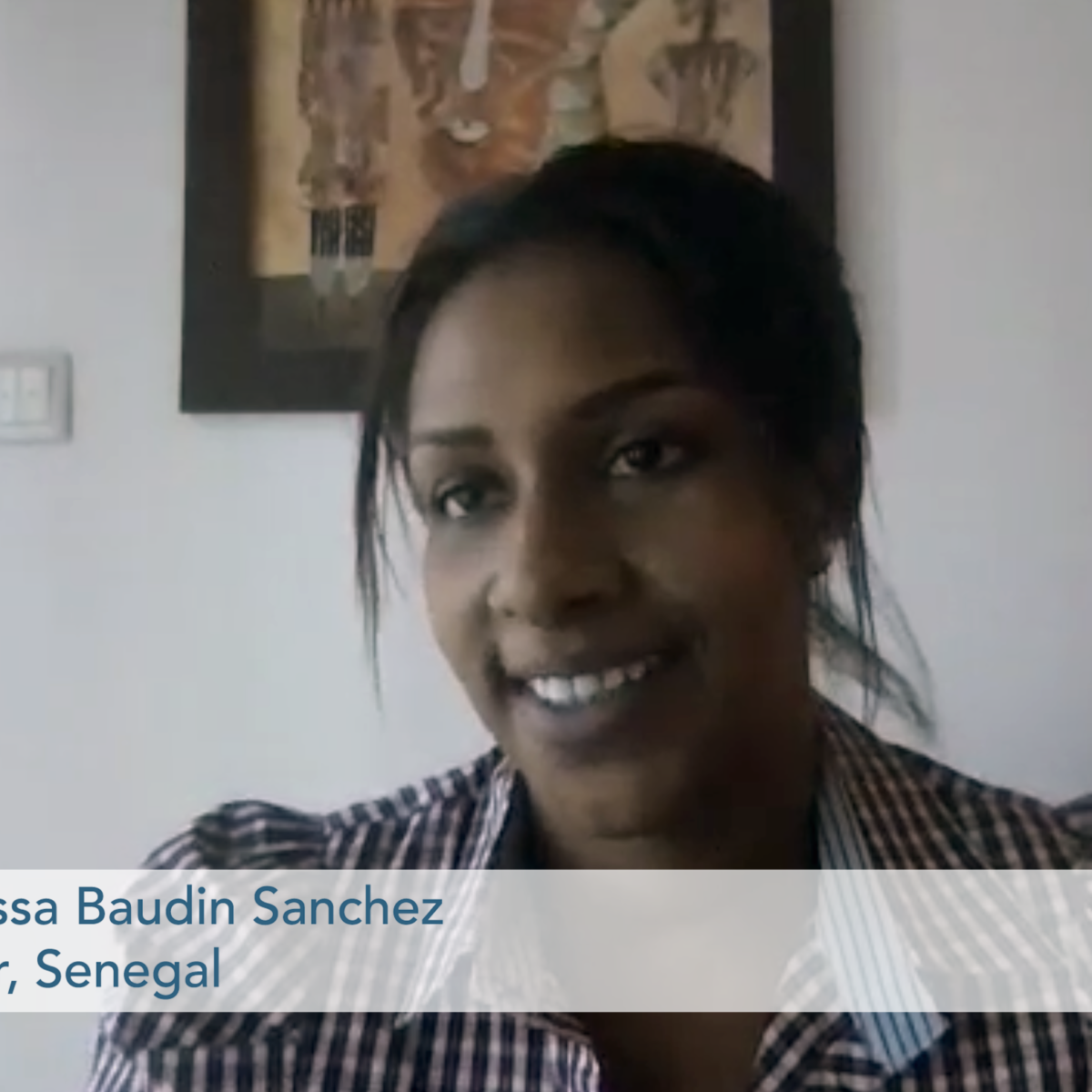
Understanding Stakeholder Needs: Extractives Industry Data Portal Assessment in West Africa
Starting in June 2018, DG assessed the extractive industry data landscape in Senegal, Nigeria, and Guinea. The goal was to determine the feasibility of designing and implementing an Extractives Industry Data Portal (EIDP) for each country. A major finding is that extractive industry financial flow data is no longer enough. Stakeholders want information that will help them advocate for protecting the environment, providing youth and educational services, and ensuring access to health facilities in the community.

Building an Efficient Database to Improve Data Use in Côte d’Ivoire
Ali Diakité is an alum of the first DCDJ Fellowship cohort. After two months of intensive data science training, he was placed with the National AIDS Control Program (PNLS), the government agency that coordinates the national response to the HIV/AIDS crisis in Côte d’Ivoire. During the Fellowship, Ali built a solution that noticeably improved PNLS' efficiency and data quality. As the primary HIV/AIDS control program in Côte d’Ivoire, PNLS uses the tool to make direct improvements to its data quality, timeliness, and epidemic response.
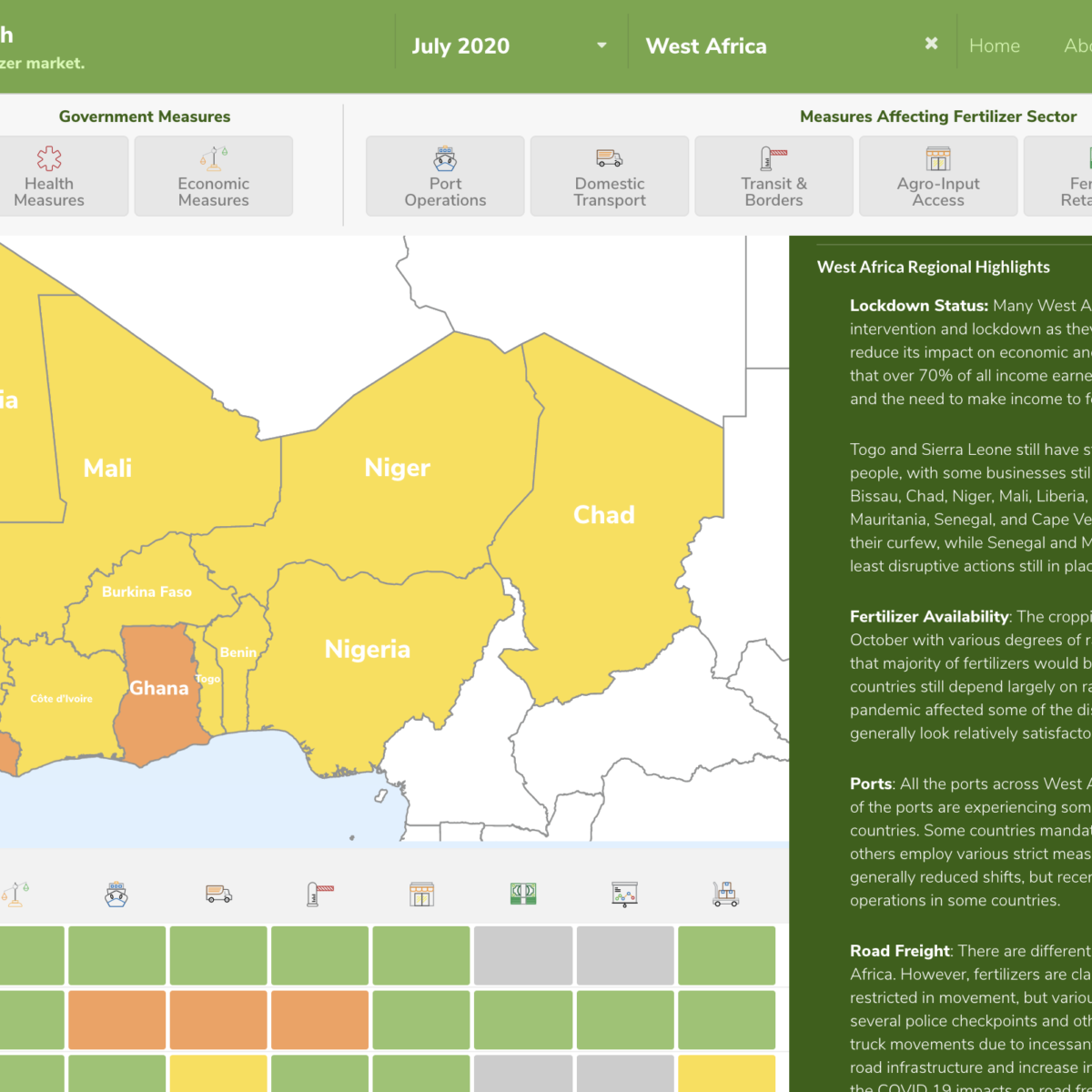
Measuring COVID-19’s Impact on the Fertilizer Sector in Sub-Saharan Africa
The COVID-19 Africa Fertilizer Watch Dashboard, covering 28 countries across sub-Saharan Africa was launched today. This dashboard uses 11 indicators to track COVID-19 country-specific mitigation measures on the delivery & use of fertilizers to identify impacts on productivity & food security across the continent. The goal of this dashboard is to support efficient and effective responses to the evolving global health emergency, and ensure that sufficient and appropriate fertilizers reach farmers.
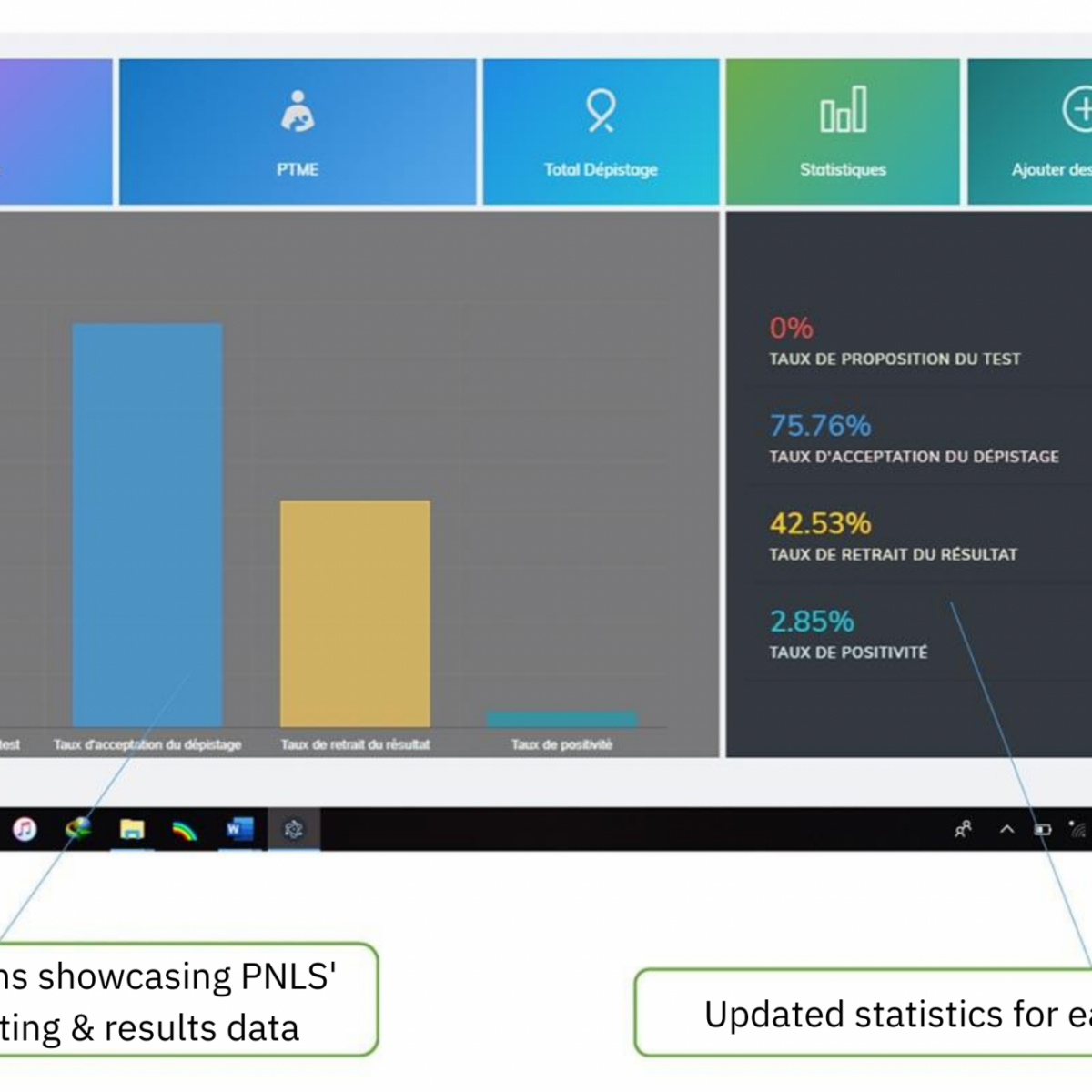
Building Côte d’Ivoire’s National HIV/AIDs Capabilities to Better Use Data & Tools for Decision-Making at PNLS
Through the DCDJ Fellowship program in Côte d’Ivoire, youth are trained in data science skills and placed in organizations where they can support data use in the fight against HIV/AIDS. At her placement site, Flore Koffi identified the opportunity to enhance the use of the data by creating a regularly updated, real-time, centralized source.
-1200x960.png)
The Results Data Initiative has Ended, but We’re still Learning from It
If an organization with an existing culture of learning and adaptation gets lucky, and an innovative funding opportunity appears, the result can be a perfect storm for changing everything. The Results Data Initiative was that perfect storm for DG. RDI confirmed that simply building technology and supplying data is not enough to ensure data is actually used. It also allowed us to test our assumptions and develop new solutions, methodologies & approaches to more effectively implement our work.
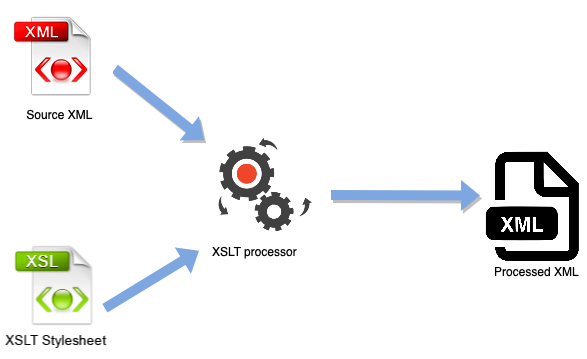
Working with Partners to Find Solutions to Integration Challenges
This past March, DG launched an AMP module that helps the Ministry of Finance, Planning, and Economic Development in Uganda track aid disbursements in their existing Program Budgeting System. This blog examines DG’s technical process and the specific solutions used to overcome AMP-Program Budgeting System (PBS) integration challenges.
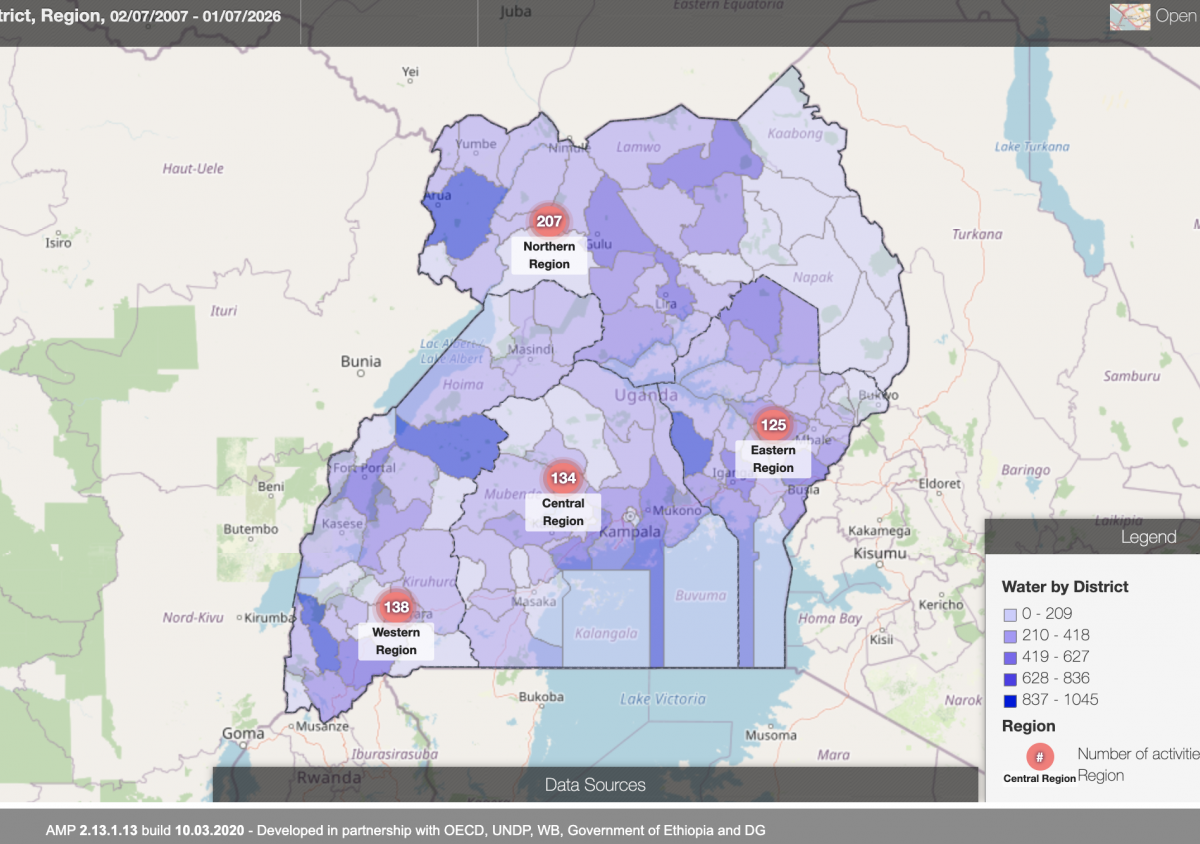
Creating Integrations between AMP & Existing Country Systems
Since 2017, Development Gateway has been working with the Government of Uganda to build and update their Aid Management Platform (AMP). Uganda’s AMP houses over 1,300 on-budget projects directly from its national data management system. This year, DG built a module that interfaces with Uganda’s Program Budgeting System (PBS) to ensure that data is effectively transmitted between the two systems.
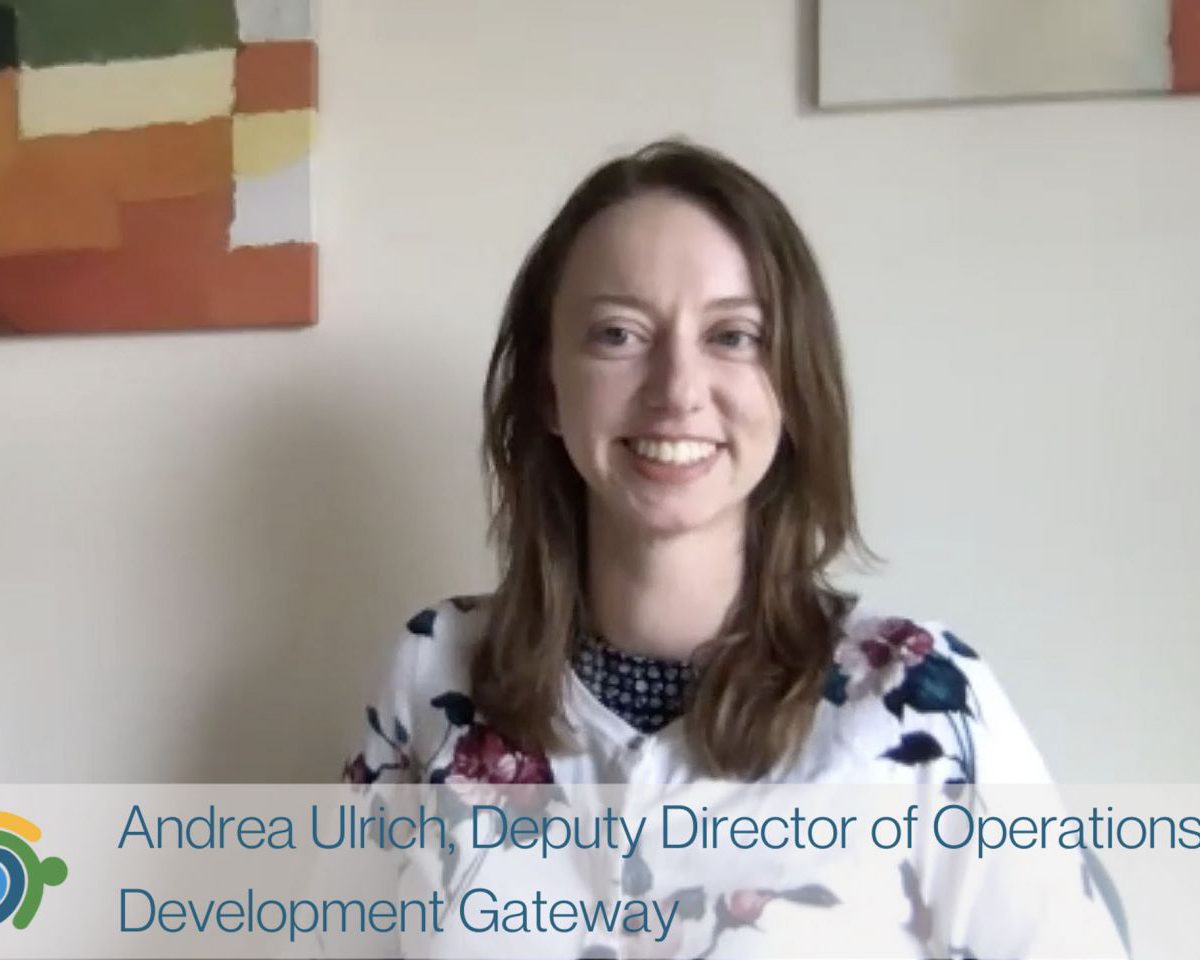
Highlights from the Tobacco Control Data Initiative South Africa Assessment
Several months ago, the Tobacco Control Data Initiative (TCDI) team completed an assessment in South Africa to understand the key priorities and data needs of those who work in tobacco control. During the assessment, the team talked to a variety of stakeholders within government agencies, civil society organizations, and academia who work on promoting, advocating, or evaluating tobacco control policies.

DCDJ SuperFellows: Reinforcing Improvements & Sustainability in the Data Ecosystem
Since 2018, Development Gateway has led the Des Chiffres et Des Jeunes (DCDJ) project. A mainstay of DCDJ is the Data Fellowship program, which provides data science training to young professionals in Cote d’Ivoire, followed by internships with government ministries, agencies, or NGOs that are part of the fight against HIV/AIDS. The SuperFellows reinforce capacity building and sustainability in the data ecosystem.